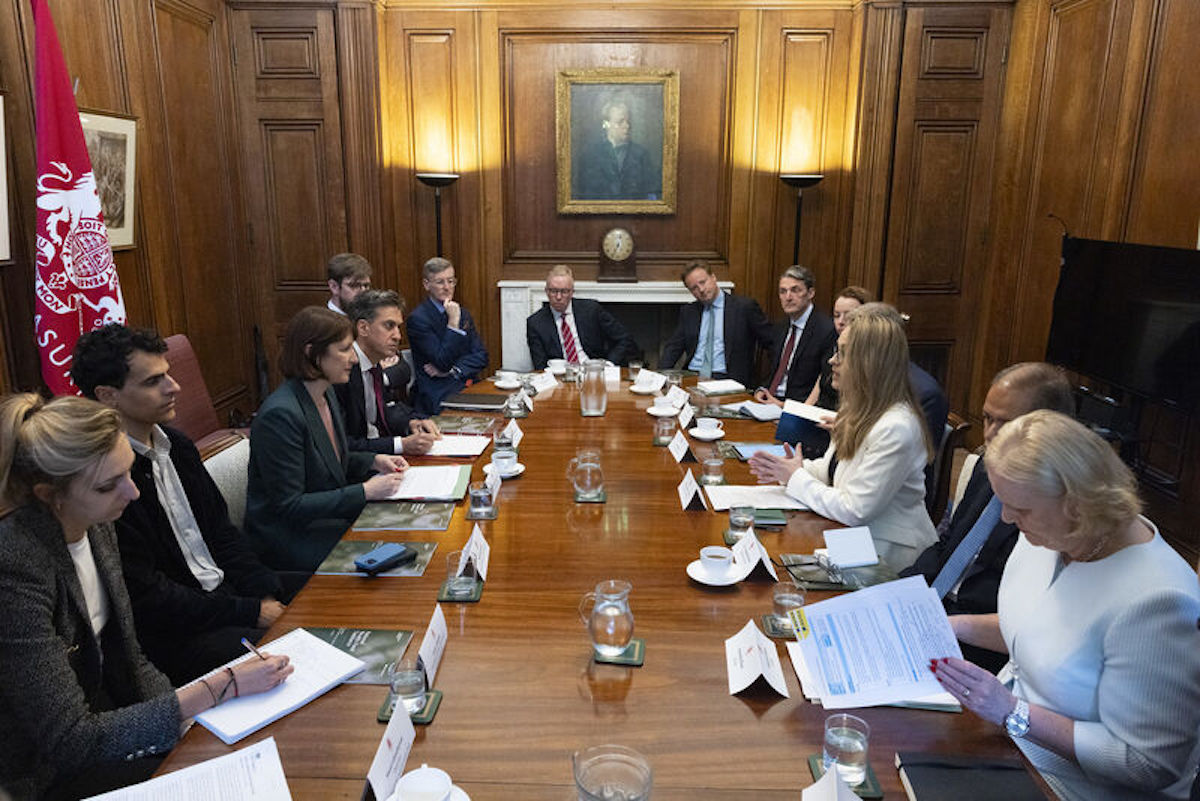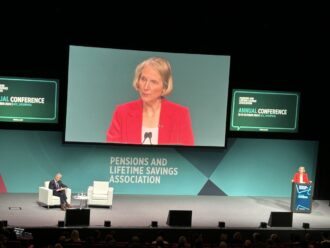The chancellor Rachel Reeves has had a busy few days in her new role.
First, she spent time setting out her growth strategy to revitalise the economy.
Now she and business secretary, Jonathan Reynolds, have created a new National Wealth Fund to invest specifically in industries focused on net zero.
Under the government’s plans, the National Wealth Fund will bring together key institutions and investors with the aim of mobilising billions of pounds in private investment.
Reeves and Reynolds have done this by aligning the UK Infrastructure Bank (UKIB), created by Rishi Sunak when he was chancellor in 2021 to help reach the government’s net-zero target by 2050, and the British Business Bank created a year later to be Britain’s economic development bank.
£7.3bn of additional funding will be allocated through UKIB, so investments can start immediately, focusing on priority sectors such as net zero and with the aim of catalysing private investment at a potentially greater scale.
This funding is in addition to existing UKIB funding.
As part of the National Wealth Fund, reforms will be made to the British Business Bank, which is overseen by the department for business and trade, to ensure it can mobilise the UK’s pools of institutional capital by harnessing its pipeline of investments as the UK’s largest investor in venture capital.
Further details will be set out ahead of the government’s international investment summit later in the year.
In the meantime, Reeves hopes institutions will get on with delivering financing and investment for businesses and infrastructure across the country.
Although how and where exactly is less clear.
In a big photo opportunity, Reeves and Ed Miliband, secretary of state for the department for energy security and net zero, convened a meeting of the National Wealth Fund Taskforce at Number 11 Downing Street to start the work.
Chaired by the Green Finance Institute, the taskforce includes former Bank of England governor Mark Carney, Barclays CEO CS Venkatakrishnan, Aviva CEO Dame Amanda Blanc, and large institutional investors.
One of those investors was David Vickers, CIO at Brunel Pension Partnership, who said: “Building a green economy requires a step-change in co-ordination between the government and investors, so that the policy and regulatory environment is truly enabling for long-term investors. The National Wealth Fund comes at a crucial moment in the political cycle to help set that course.”
Also present was António Simões, chief executive officer at Legal & General, who said: “We welcome the ambition of the government to encourage further institutional investment into UK assets, and mobilise more private capital towards the energy transition, and look forward to engaging with the next steps set out in the report.”
Another attendee was Paul Thwaite, CEO of NatWest Group, who added: “This is a major challenge and collaboration across not just the financing but also policy space is critical to deliver it in a way that supports economic growth across the UK.”
And Shaun Kingsbury, co-chief investment officer of Just Climate, said: “As private investors we welcome this announcement by the chancellor and look forward to supporting this initiative to encourage public and private capital to work together.”
Not present was Nigel Peaple, director of policy and advocacy at the Pensions and Lifetime Savings Association (PLSA). Nevertheless, he observed: “In examining the role pensions might play in providing additional investment in UK growth assets, the PLSA recommended last year that the government take steps, alongside the British Business Bank, to improve the pipeline of investible assets available to pension funds.
“We welcome the government acting decisively to set out plans for a National Wealth Fund for this purpose and look forward to working in partnership to help develop solutions that work for savers, pension funds and the economy.”
What happens next will be interesting.
As UKIB and the British Business Bank were welcomed when they were launched but ended up doing little.





Comments